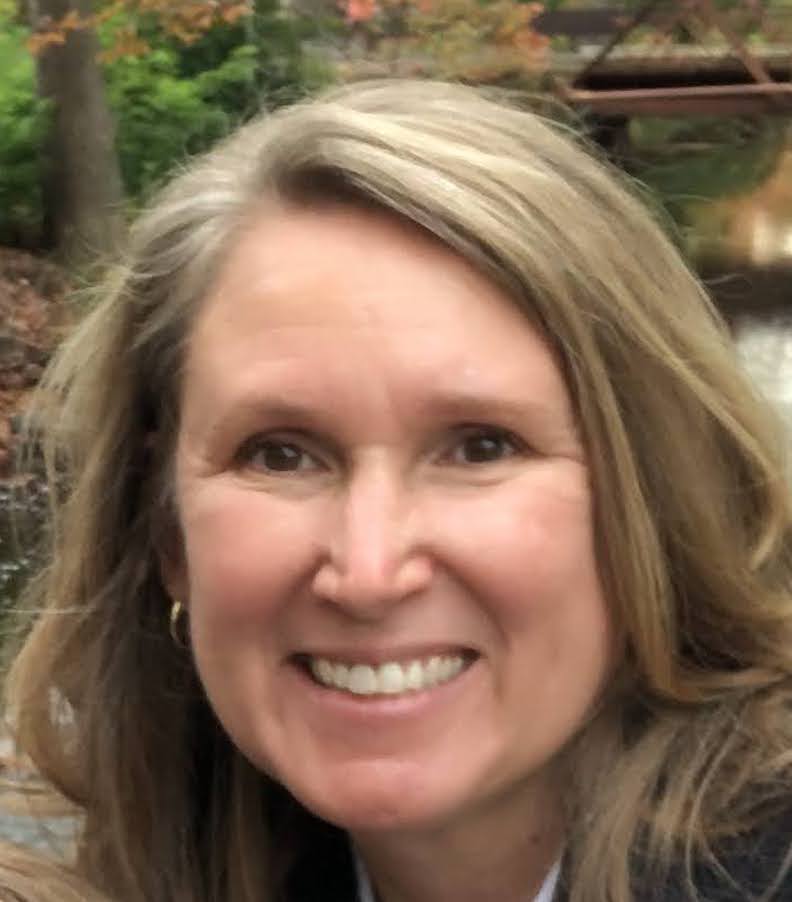MEd for Experienced Educators, Climate Change and Sustainability Education
Meaningful teaching, learning, and action for an ever-changing world.
As educators, we work to lead and inspire students. Sustainability is the response to climate change and its impacts on our daily lives. Children and youth want to learn more about climate change, and as teachers, we need to be ready to bring the topic to our classrooms with hope and opportunities for action. Climate change and sustainability education (CCSE) empower people with essential knowledge, attitudes, and how to take action individually and collectively. This can be worked into the curriculum using a developmental approach, guiding each age group to learn and take action on a range between caring for nature and increased responsibility for designing solutions. Regardless of your role in education, this concentration will guide you to design and lead climate change and sustainability learning experiences.
This degree is offered by Antioch University's New England Campus.
Program Overview

We use a mix of classroom, fieldwork, and online experiences to deliver instruction. You will collaborate with educators and experts from around the country and world who are practicing climate change and sustainability education. This MEd concentration is inherently transdisciplinary and focuses on understanding the principles of sustainability and systems thinking as foundational for CCSE. Whether your starting point is writing, art, science, or mathematics, investigating climate, environmental change, and our human response will lead to integrated learning experiences. There will be a focus on understanding the science, environmental impact, and social implications of climate change and application with students in your community in ways that are honest and empowering. Collective understanding and action will guide us as the climate changes. We have the opportunity to explore climate impacts with our students, engage them in designing solutions, and guide them to be responsive citizens. You will be able to make climate change and sustainability a part of your teaching, no matter your focus or age group. This program guides you to increase your knowledge and strengthen your teaching skills for climate change and sustainability.
Connect with Us

Related Centers and Institutes
Additional Information
This program can be completed in 5-7 semesters with fully online and low residency options available. Students can begin in any semester and typically take 3-6 credits per term. Optional summer classes are available face-to-face in Keene, NH. To learn the MEd in Foundations of Education: Climate Change and Sustainability Education, students must successfully complete a total of 33 credits.
If you choose to come to a summer residency instead of doing your program fully online, you can expect one or two weeks of a retreat-like experience in beautiful Keene, NH. Small classes offer lots of hands-on activities, community-based learning opportunities, and a socially engaging week of meeting with your online classmates and AUNE faculty. In most concentrations, you can choose whether to attend face-to-face classes for either one or two weeks in the summer, and you don’t have to decide in advance. You can consult with your adviser and see what fits your schedule and learning style best.
Summer Residency Courses are held the first two full weeks of July following the week of the Fourth of July holiday- typically the first and second or second and third weeks of the month. Depending on your program, you can attend for the first or second week or come for both weeks.
Graduates of the Climate Change and Sustainability Education concentration have the capacity to:
- Understand climate change and its impact on the environment and communities.
- Examine the principles of sustainability and systems thinking as foundational to climate change and sustainability education.
- Integrate climate change and sustainability into teaching and classroom practice.
- Advance climate justice, equity, and positive change.
- Design climate change and sustainability curricula to increase student achievement.
- Forge school and organizational partnerships as a collective response to climate change.
- Help others understand climate change and sustainability across a variety of contexts.
- Connect professionally to national and international climate change educators.
Not ready to commit to a full Master’s Degree program?
Consider beginning with a certificate in any of our concentration areas.
Faculty Spotlights

Mary Pat Champeau
Adjunct Faculty

Laura Thomas, MEd
Core Faculty

Paul Bocko, Ph.D.
Chair and Faculty

Erin Tanzer
Teaching Faculty
Admission
Education Programs at Antioch University New England value colleagueship and strong learning communities. We offer a 10% discount for 3 or more students from the same school or school district who attend any of our AUNE Education MEd or Certificate programs at the same time. Specific limitations and conditions apply. You can find more information here.
How to Apply
- Complete the online admissions application, including:
- Essay questions, admissions, and program-specific
- Resume/curriculum vitae (CV)
- Non-refundable $50 application fee
- Submit official transcripts from all colleges or universities where you earned a degree or certificate.
- Email transcripts to [email protected] or
- Mail to Office of Admissions Antioch University New England 40 Avon Street Keene NH 03431-3516
- Two letters of recommendation are required from people who are in a position to evaluate your professional or academic work. The person making the recommendation may not be related to you.
- There are additional requirements for International applicants and applicants without a Bachelor’s degree.
- Interview with a faculty member of the department to which you seek entry if selected. This can be in person, by phone, or via Skype.
- Master’s and Certificate Programs do not require the GRE or any other standardized test for admissions. We consider all of your application materials and evaluate your academic potential in a variety of ways.
Official transcripts should be emailed to [email protected] or mailed to the Office of Admissions Antioch University New England 40 Avon Street Keene, New Hampshire 03431-3516. All application materials submitted become part of an applicant’s file and cannot be returned.
Application Deadlines
| Term | Date |
|---|---|
| Summer | April 15 |
| Fall | August 1 |
| Spring | December 1 |
| Certificate in Mindfulness for Educators | |
| Spring | December 1 |
Tuition & Financial Aid
A college education is an investment in your future. Let us help you understand the costs and explore the resources available to help make your college education even more affordable. The majority of AUNE students finance their education through some form of financial aid. You may not be sure which federal, state, public, and private aid packages – such as loans, scholarships, and grants – are right for you. Our staff is here to help you so you can focus on what’s most important: beginning your academic program at AUNE.
Cost
| Foundations of Education Degree | Tuition Cost per Credit | Total Program Credits |
|---|---|---|
| MEd for Experienced Educators | $840 | 33 |
| View the Cost of Attendance Components | ||

Start your Antioch Journey
Take your next step - talk to our admissions team to find the right program for you.



